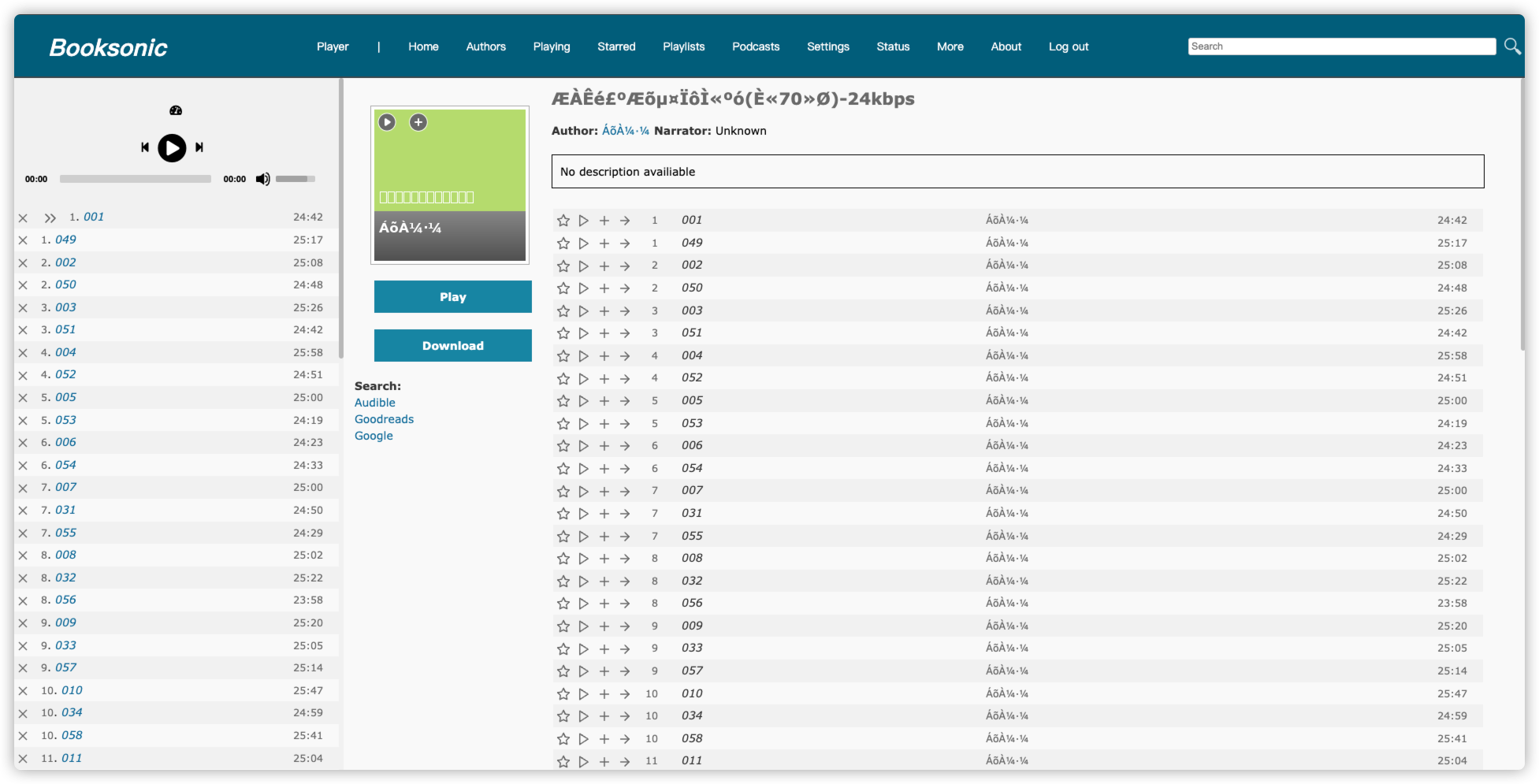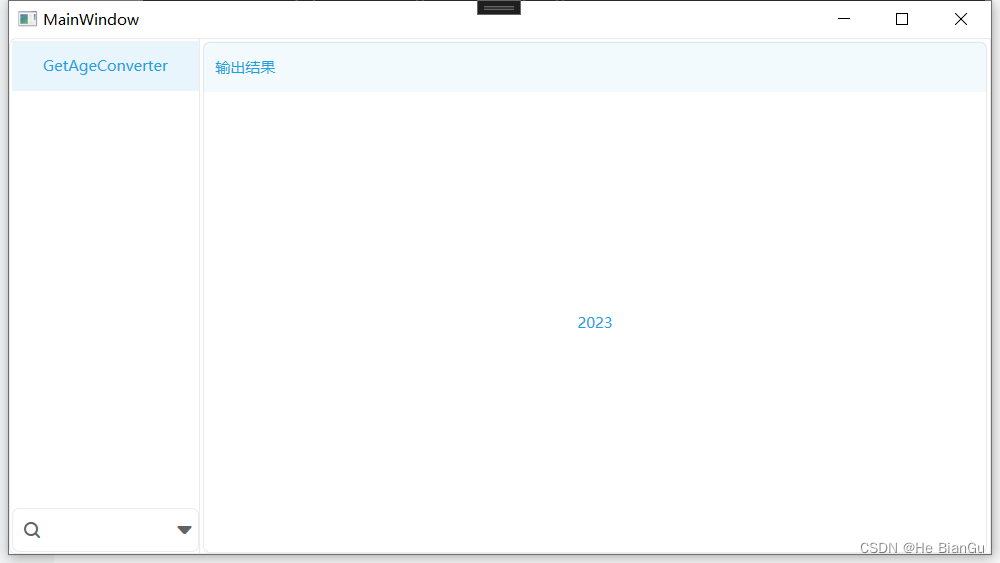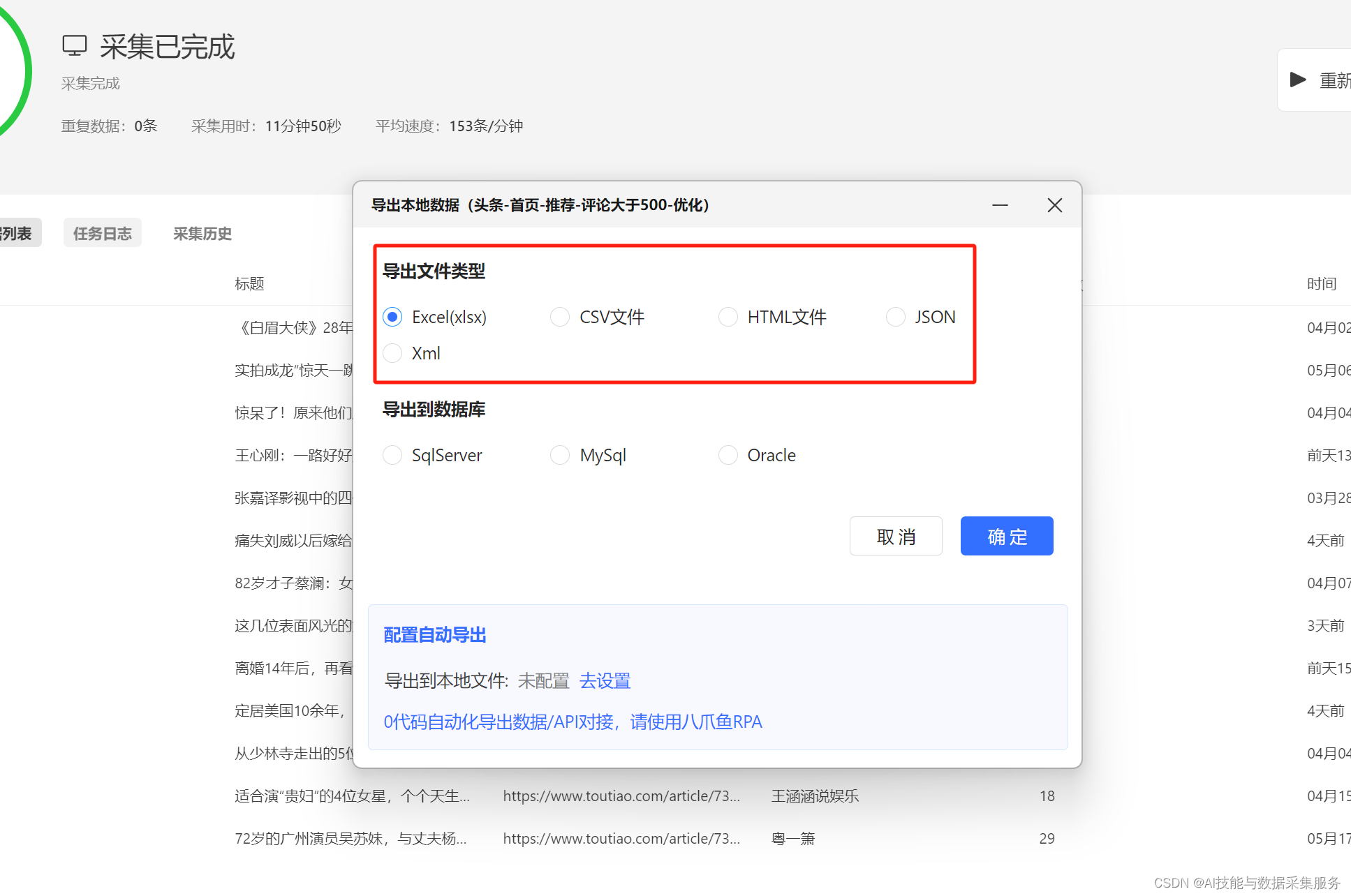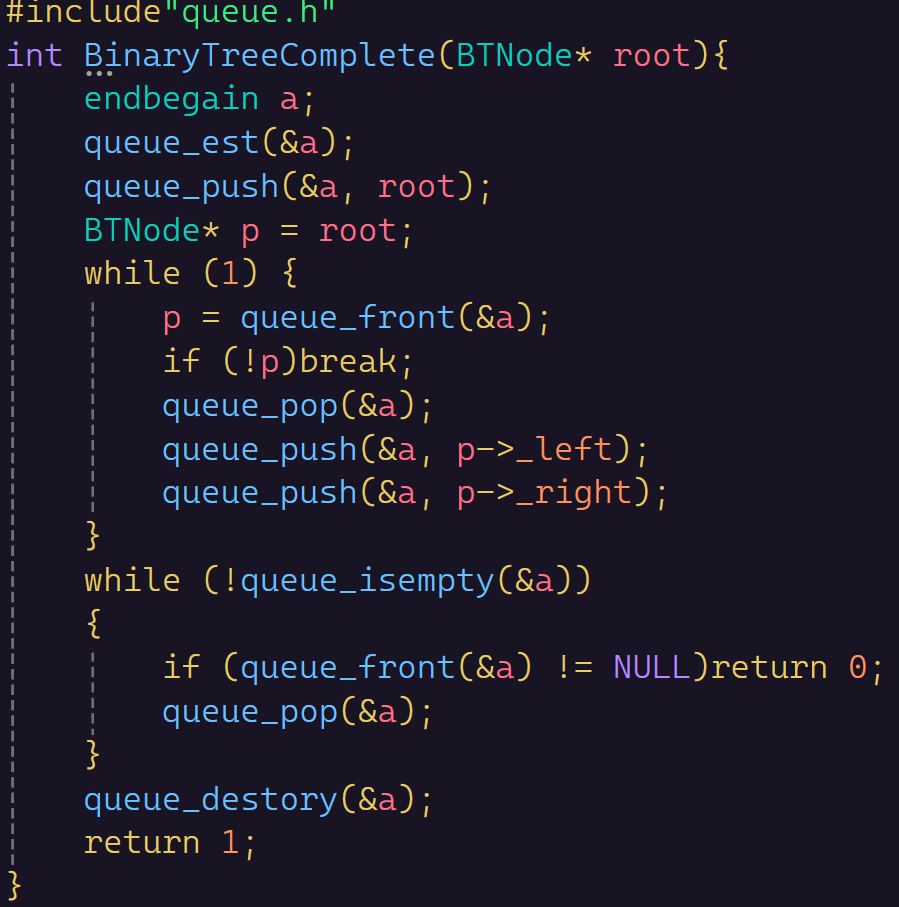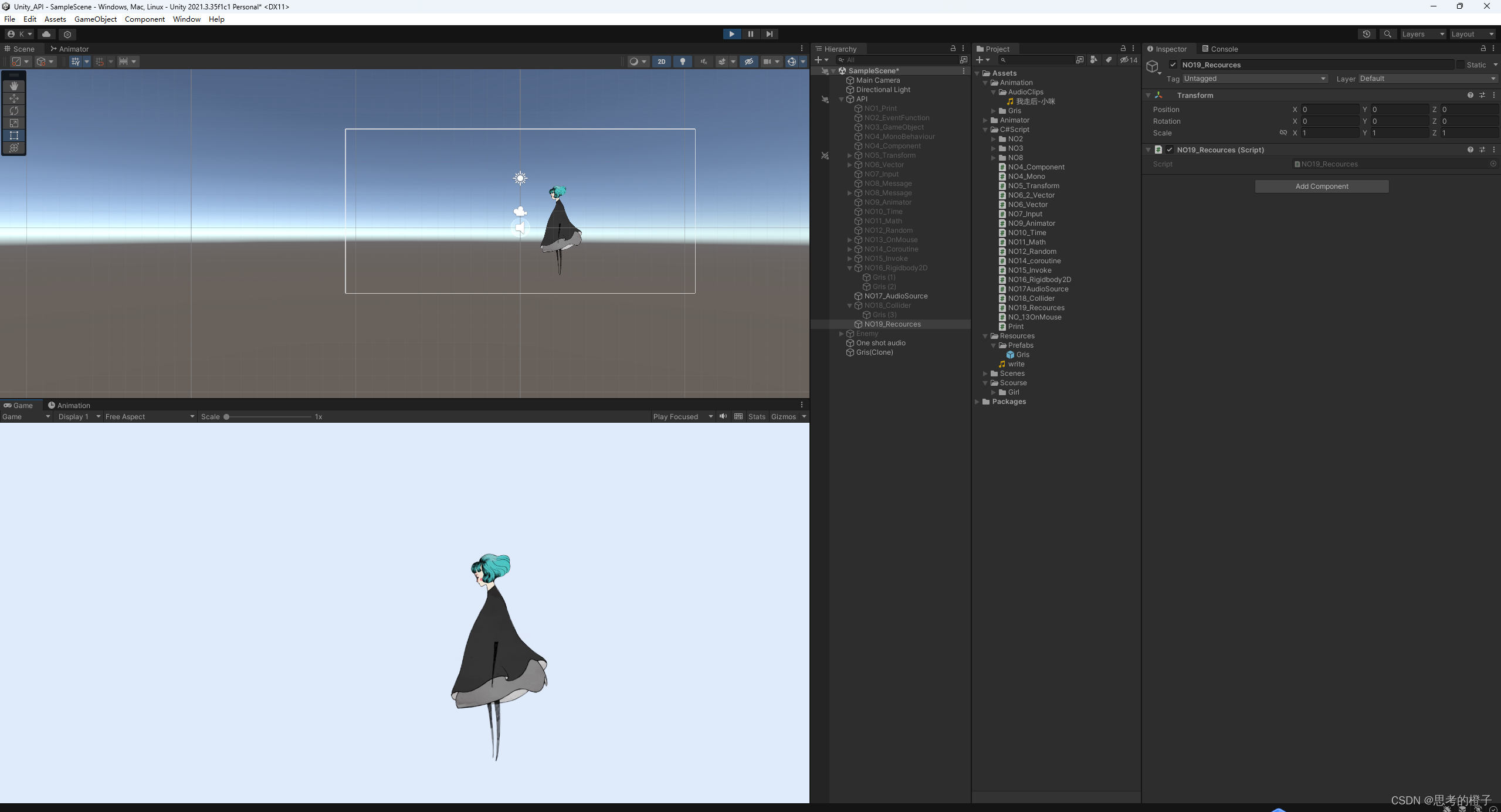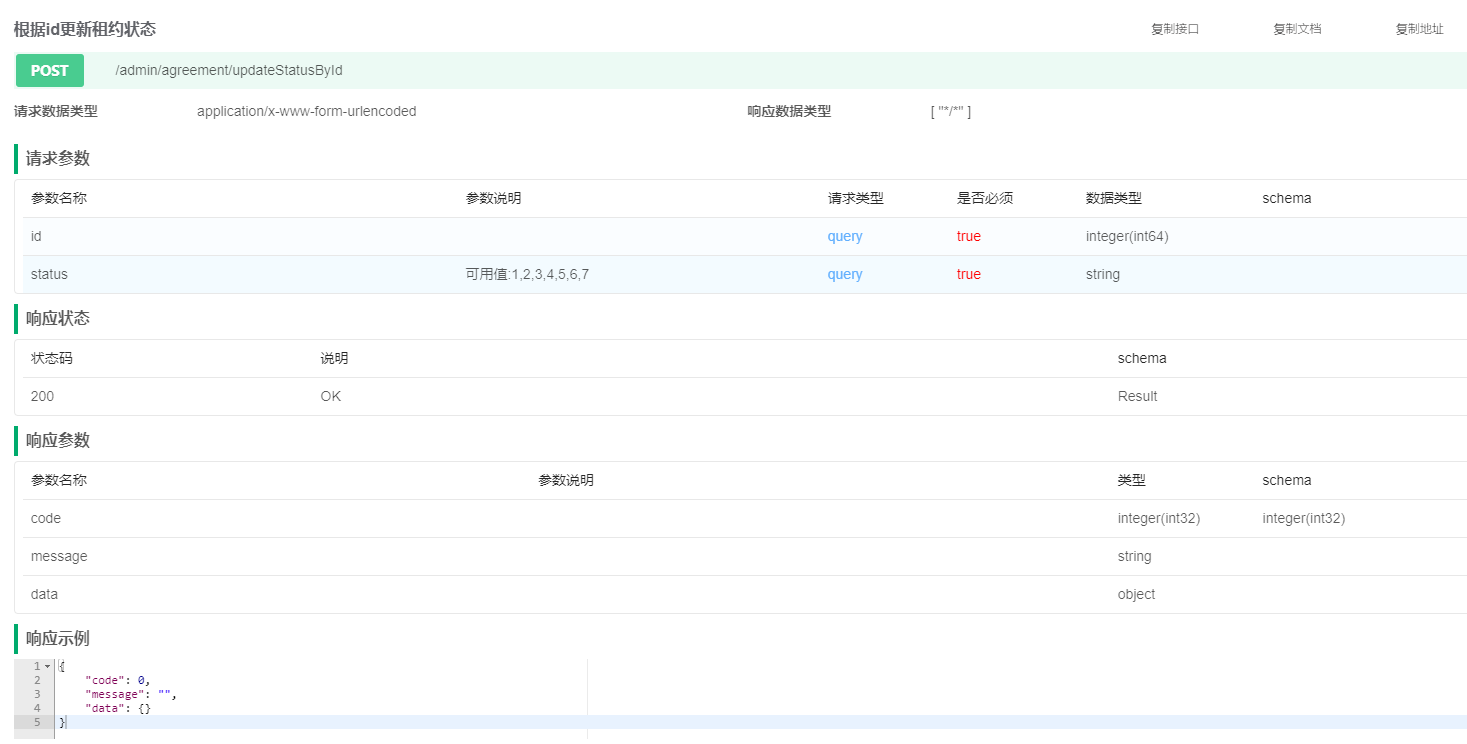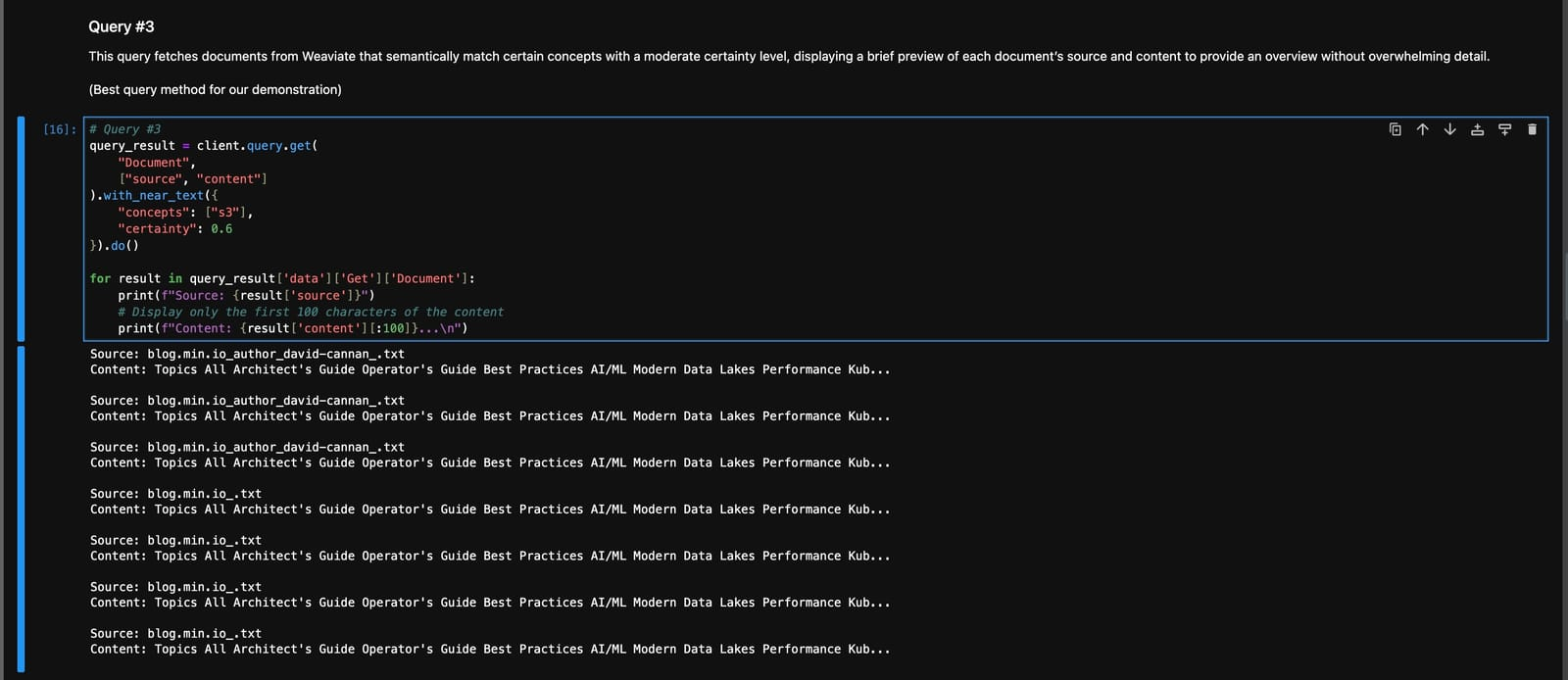C#是一种面向对象的编程语言。在面向对象的程序设计方法中,程序由各种相互交互的对象组成。相同种类的对象通常具有相同的类型,或者说,是相同的class中。
例如,以rectangle(矩形)对象为例。它具有length和width属性。根据设计,它可能需要接受这些属性值,计算面积和显示细节。
using System;
using System.ComponentModel.DataAnnotations;
using System.Drawing;
namespace RectanglApplication
{
class Rectangle
{
//成员变量
double length;
double width;
public void Acceptdetails()
{
length = 4.5;
width = 3.5;
}
public double GetArea()
{
return length * width;
}
public void Display()
{
Console.WriteLine("length :{0}", length);
Console.WriteLine("width :{0}", width);
Console.WriteLine("Area:{0}", GetArea());
}
}
class ExecuteRectangle
{
static void Main(string[] args)
{
Rectangle r = new Rectangle();
r.Acceptdetails();
r.Display();
Console.ReadLine();
}
}
}运行结果如下:

C# 关键字
关键字是 C# 编译器预定义的保留字。这些关键字不能用作标识符,但是,如果您想使用这些关键字作为标识符,可以在关键字前面加上 @ 字符作为前缀。
在 C# 中,有些关键字在代码的上下文中有特殊的意义,如 get 和 set,这些被称为上下文关键字(contextual keywords)。
下表列出了 C# 中的保留关键字(Reserved Keywords)和上下文关键字(Contextual Keywords):
| 保留关键字 | ||||||
| abstract | as | base | bool | break | byte | case |
| catch | char | checked | class | const | continue | decimal |
| default | delegate | do | double | else | enum | event |
| explicit | extern | false | finally | fixed | float | for |
| foreach | goto | if | implicit | in | in (generic modifier) | int |
| interface | internal | is | lock | long | namespace | new |
| null | object | operator | out | out (generic modifier) | override | params |
| private | protected | public | readonly | ref | return | sbyte |
| sealed | short | sizeof | stackalloc | static | string | struct |
| switch | this | throw | true | try | typeof | uint |
| ulong | unchecked | unsafe | ushort | using | virtual | void |
| volatile | while | |||||
| 上下文关键字 | ||||||
| add | alias | ascending | descending | dynamic | from | get |
| global | group | into | join | let | orderby | partial (type) |
| partial (method) | remove | select | set | |||
